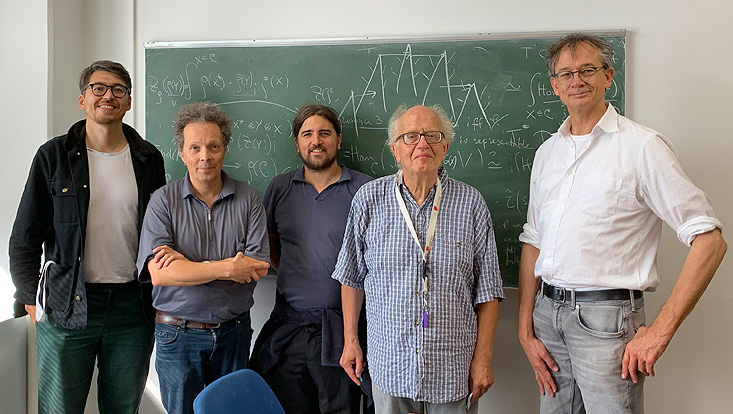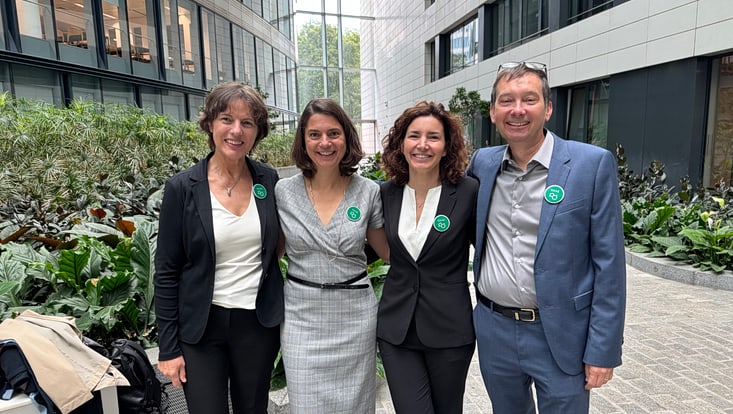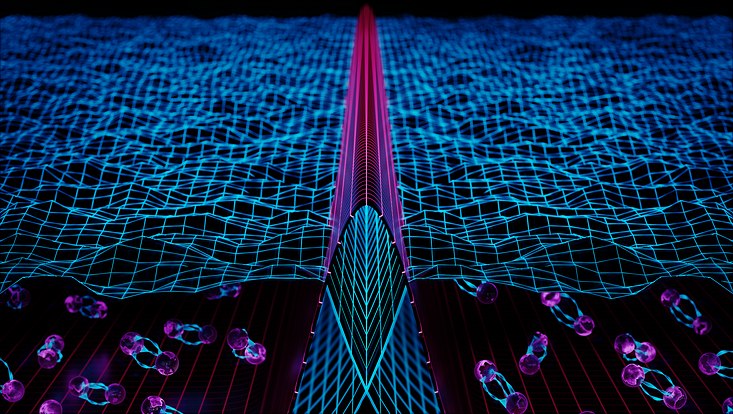and Natural Sciences
Winner of the Humboldt Research Award at Universität Hamburg
9 October 2023, by MIN-Dekanat

Photo: UHH/MIN/Schweigert
Prof. Dr. Boris Lvovich Feigin is a leading mathematician, working on representation theory, homological algebra and mathematical physics. Feigin is known for his deep insights and his ability to connect different areas of mathematics. He is also a highly respected teacher and mentor; many of his students work at leading international research institutes.
Upon the nomination by the Hamburg mathematicians Prof. Simon Lentner and Prof. Christoph Schweigert, Feigin has received the Humboldt Research Award. This award is given for their lifetime achievements to researchers from outside Germany who have had a lasting impact on the respective field of research and who are expected to continue their top achievements in the future. The award, which is granted annually to up to 100 researchers from all fields of science, includes lifelong support in the Humboldt Network.
The award includes the invitation to conduct research in Germany on a topic of their own choice in cooperation with researchers from Germany. During such a research stay in the Algebra and Number Theory Group of the Department of Mathematics at Universität Hamburg, Prof. Feigin is working together with Hamburg researchers to better understand the relationship between quantum groups and chiral conformal field theories. The goal of such Kazhdan-Lusztig correspondences is to make larger classes of two-dimensional conformal field theories computable.
Some of Prof. Feigin's best-known work concerns the study of Virasoro algebra, the use of BRST cohomology in representation theory, and his work on the geometric Langlands programme. Prof. Feigin has also made important contributions to cyclic homology, integrable models and the algebraic Bethe ansatz. His research has found broad and important applications, from mathematical physics to non-commutative geometry.
The Department of Mathematics at Universität Hamburg offers ideal conditions for his research stay with its participation in the Cluster of Excellence "Quantum Universe" as part of the university's research focus on particle, astro and mathematical physics.

